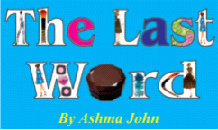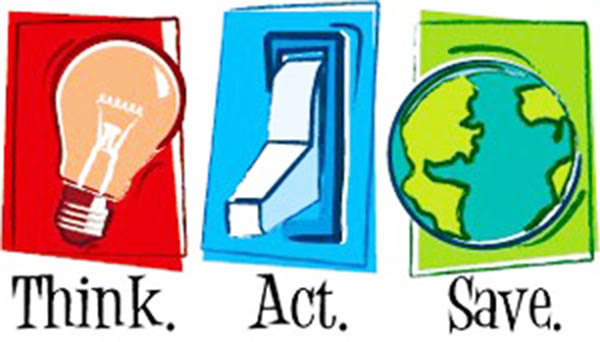
At the time, no one could identify my 30 to 45 minutes showers, my constant need for new soaps because the old ones fell on the bathroom floor, or my overly protective wash bag that I kept all my things in away from everyone else’s, as OCD (obsessive compulsive disorder). There was even a running joke to theorise why my showers lasted so long. My favourite theory was from my mom who once jokingly suggested that perhaps it was because I had different layers of skin to cleanse.
Even though now years later my showers don’t take such lengthy periods, thanks to medication and being able to work through the compulsive behaviour in therapy, this week when my husband urged me to practise taking even shorter showers, it felt like déjà vu.
Currently, all of Europe is being asked to cautiously consume energy. Countries like Switzerland are already proposing sanctions for people whose buildings exceed temperatures of 19 degrees Celsius and utility companies who exceed their gas quotas. In Germany most buildings are not allowed to be lit at night and public buildings are ordered to turn off the heating in corridors and halls. The rules, however, allow for offices to be heated at a maximum of 19 degrees with exceptions only being made for places that may have vulnerable people, like care homes, and schools.
My husband’s main argument is that he is preparing us for the inevitable energy crisis that has managed to consume Europe due to the Russia-Ukraine war. I guess my dad was too in some way or the other.
Resources always seem infinite when they are there. Life becomes comfortable and easy. So easy that we forget to imagine a world without contingency and changing circumstances. It is so incredibly convenient to be only fixated on our comforts without taking into consideration the costs they come at.
We in Guyana are so fortunate to not have to deal with seasons like winter and autumn, but that doesn’t necessarily mean we are exempt from changing circumstances. It doesn’t mean that there aren’t other lessons to be learned; valuable lessons like self-sufficiency and the need for increased resource independence.
Another critical lesson to be learnt here is our obsession with copying and pasting models of North American and European systems by which to measure our country’s development. It creates such a toxic stereotype that these countries are so perfectly orderly and free from any sort of major crisis or impending social implosion. This is a stereotype that stems from a white supremacy mind set.
We might not need gas but that does mean caution shouldn’t be exercised with the resources that we have.






